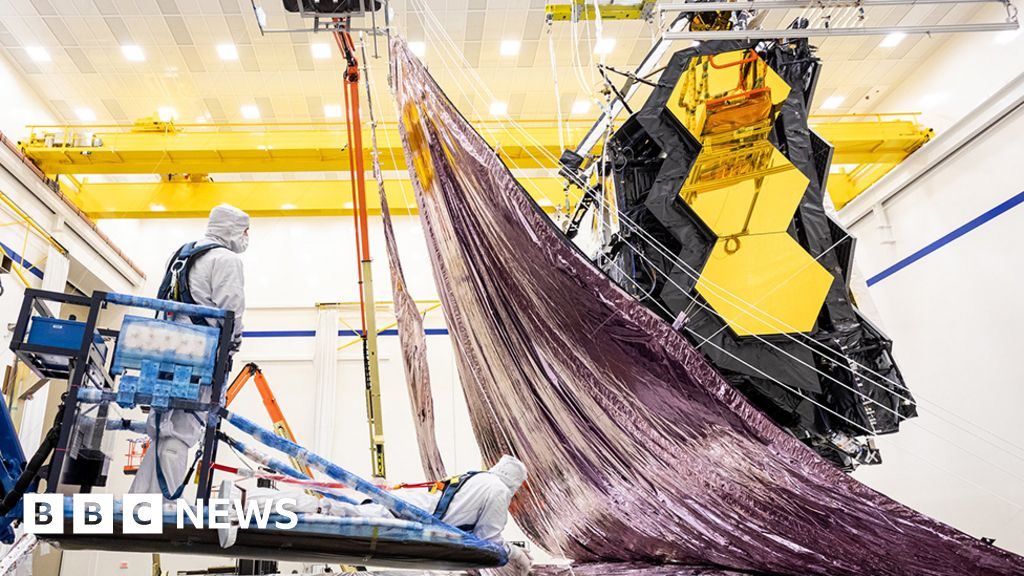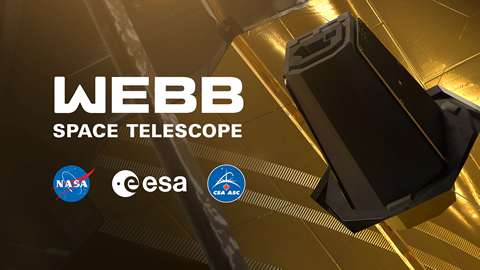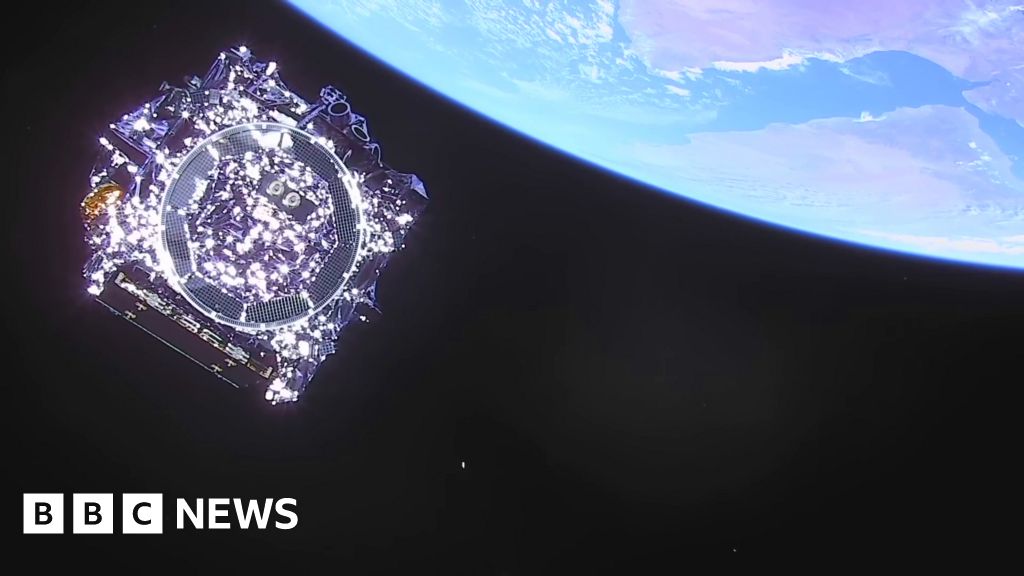
James Webb: Hubble telescope successor faces 'two weeks of terror'
Nasa's huge new space observatory must survive a daunting series of deployments if it's to work.
www.bbc.co.uk
The best Xmas people on this project could get would be a successfull deployment but the stress must be immense right now so…to paraphrase another stressful moment in history….praise the lord and pass the valium
Fingers crossed.





